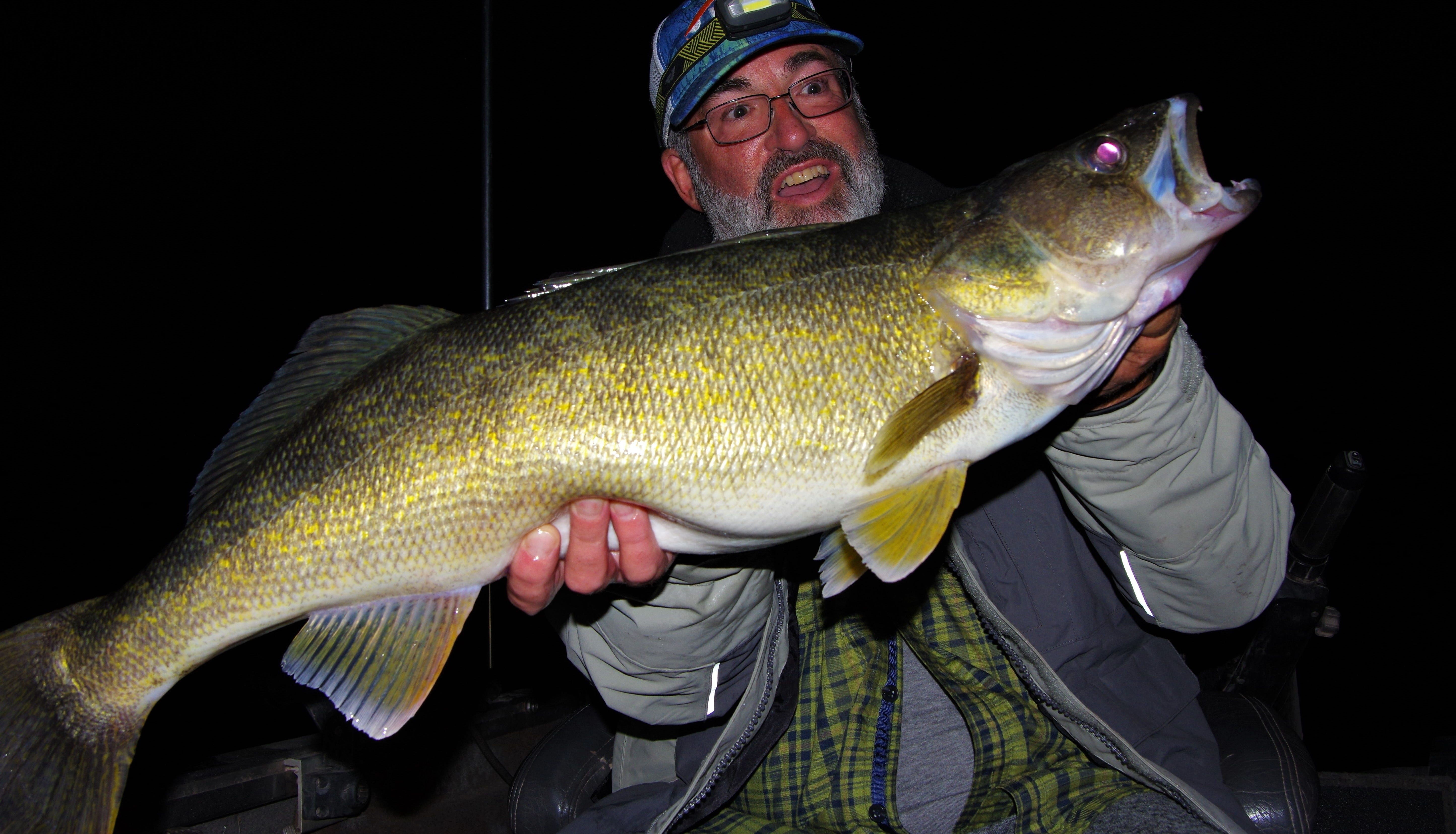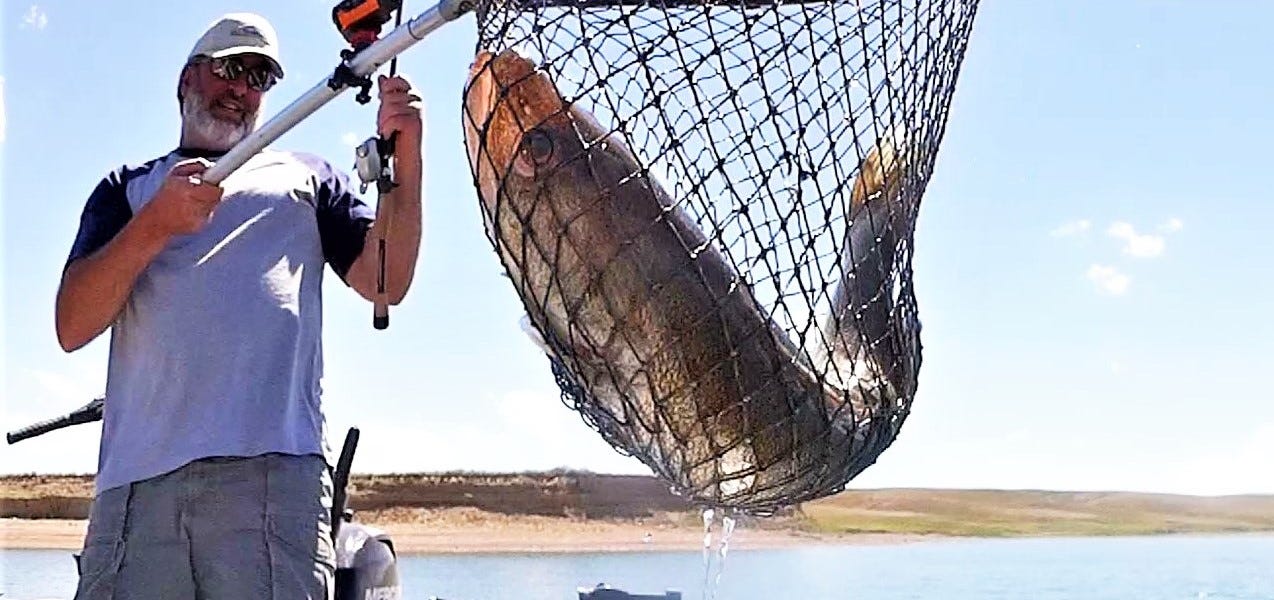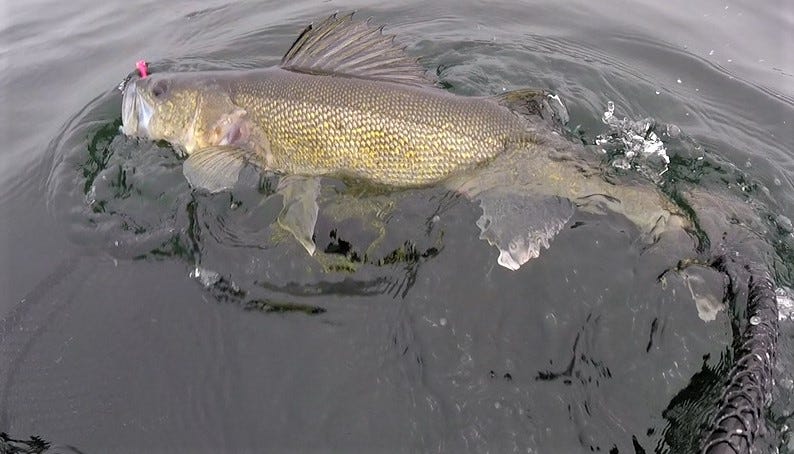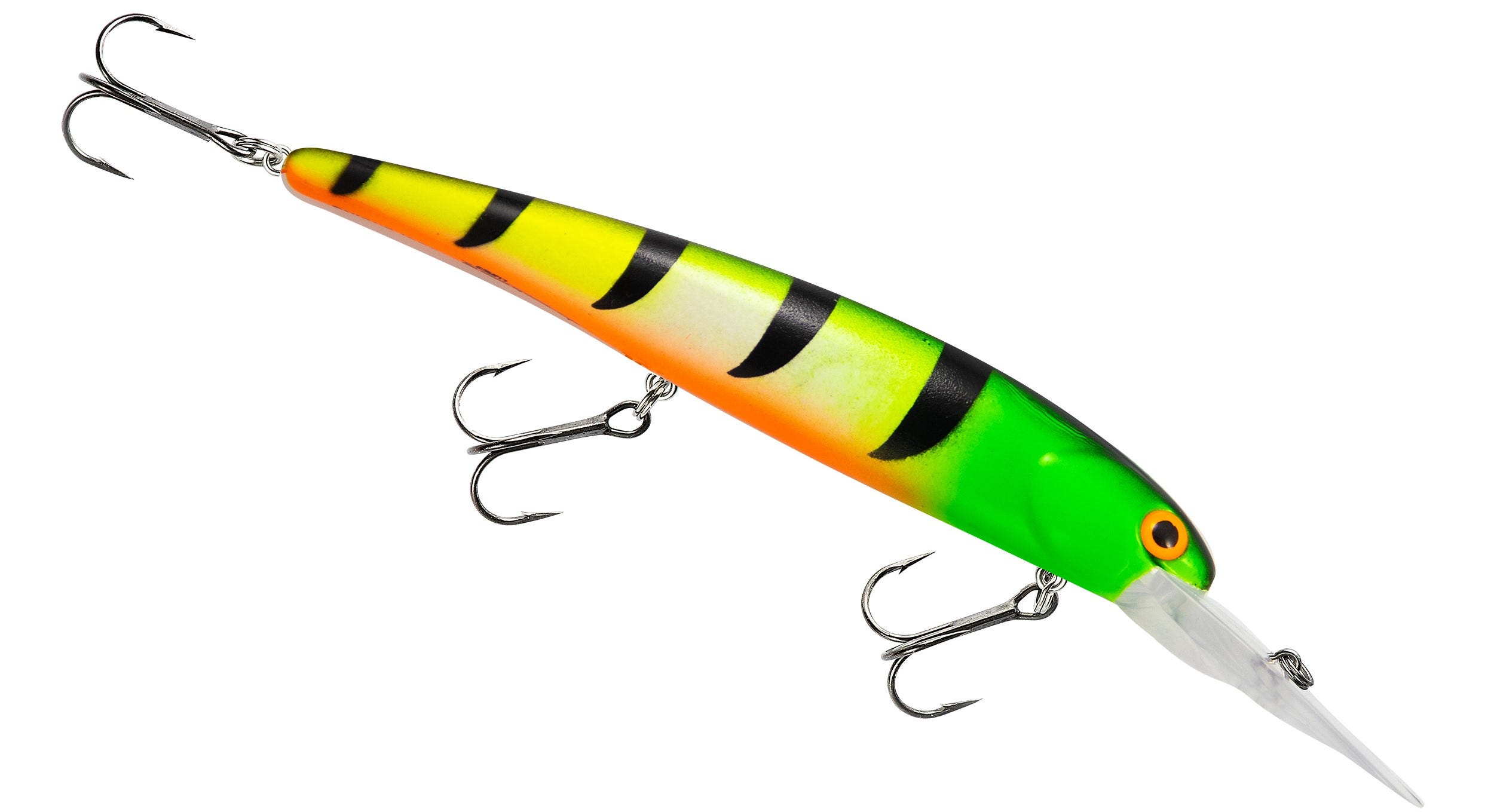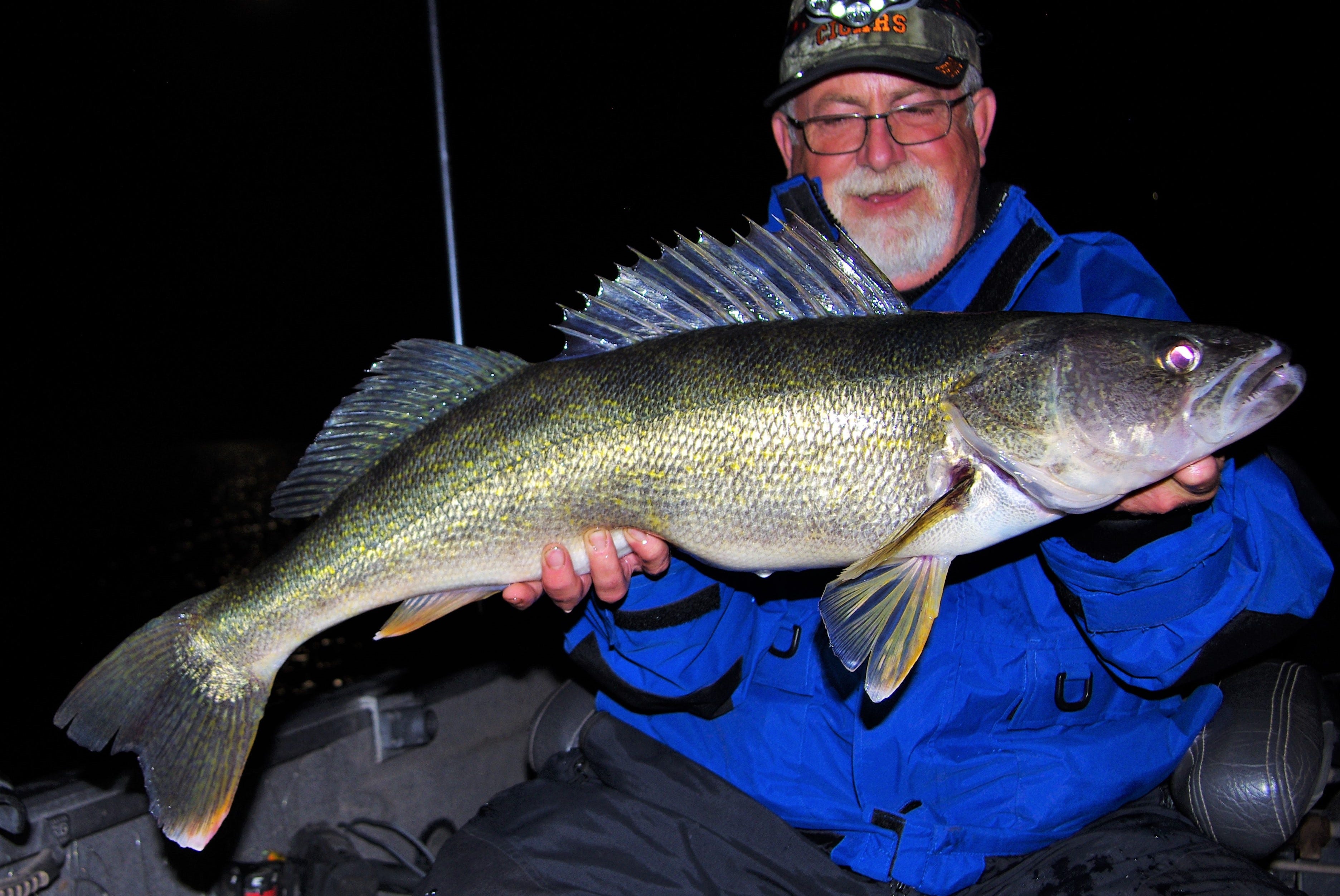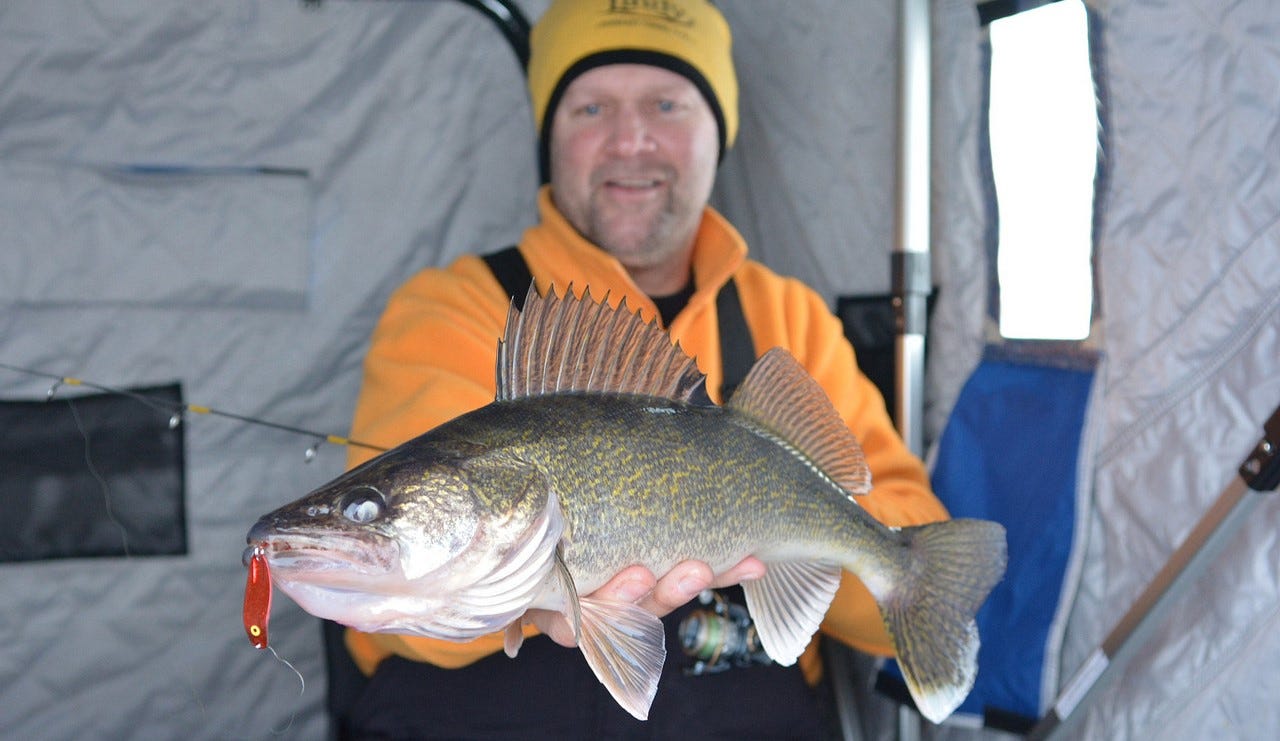- Aug 31, 2022
Understanding Fall Walleye Patterns
You’ve probably heard that fall walleye fishing is some of the best walleye fishing of the year. But why? We’ll answer that question and break down how you can make the most of the season’s opportunities.
Most everyone in the walleye world knows that fall is the walleyes’ season to bulk up. This is their time to put on the feedbag and build fat reserves for the upcoming winter and to grow their eggs before spring. The finicky walleyes of summer are gone. But what does that mean to your fall walleye fishing plans? Just because walleye are on the feed doesn’t mean they will jump in the boat. You still have to find them, target them and execute a plan.
First, let’s define the season. Fall walleye fishing does not wait for the calendar to say Sept. 20, nor does fall walleye fishing start when the leaves on the trees start to turn. It starts quite a bit sooner in the northern half of the continent.

